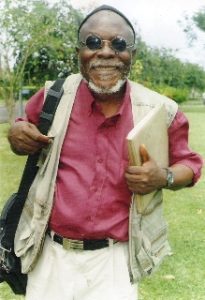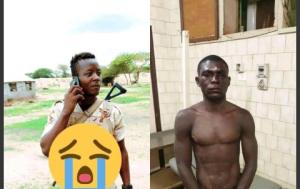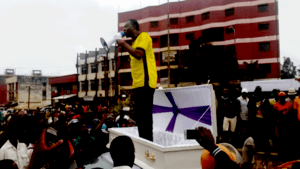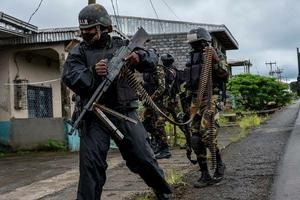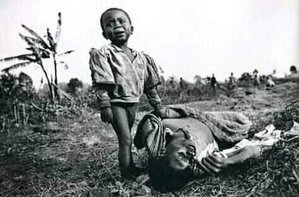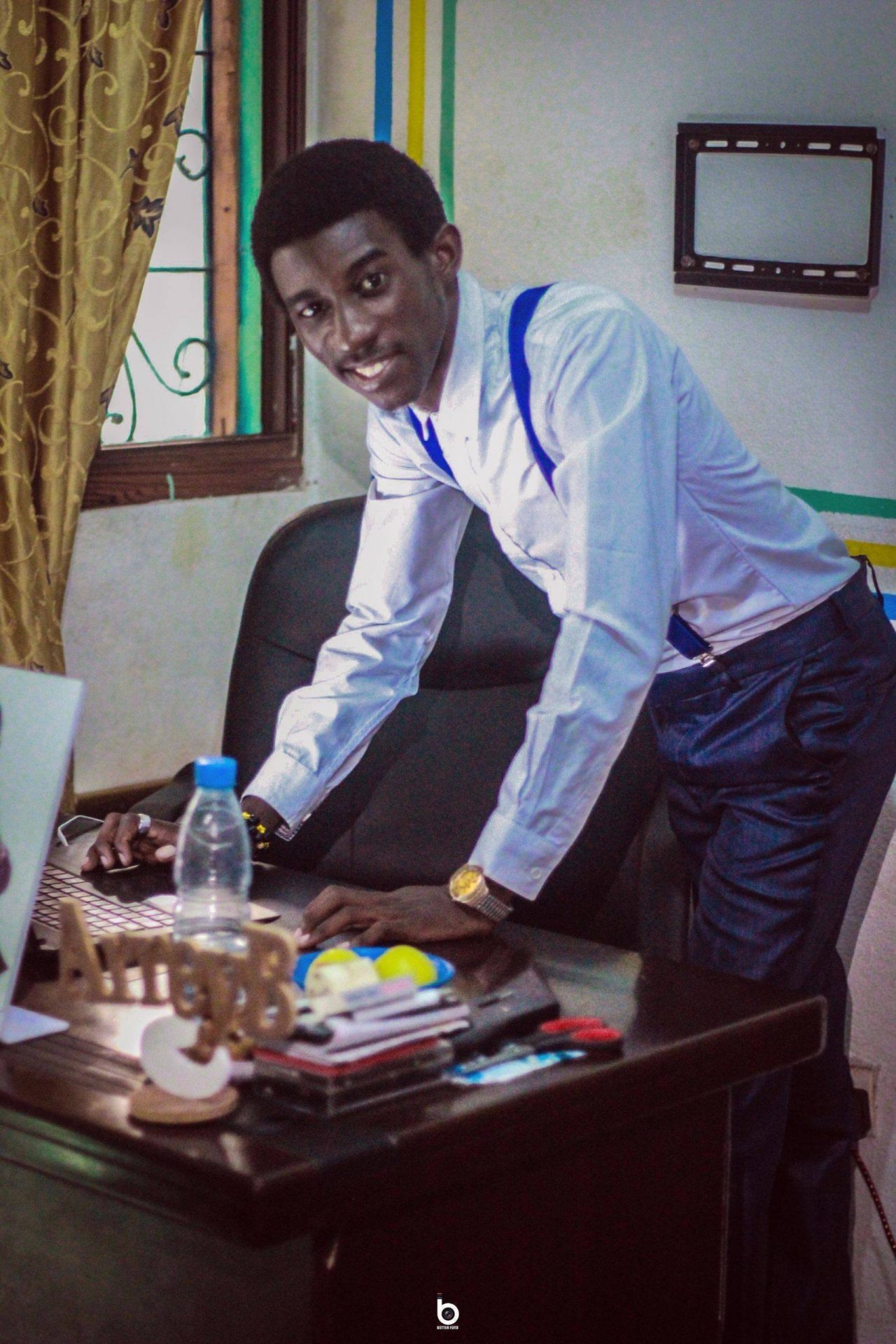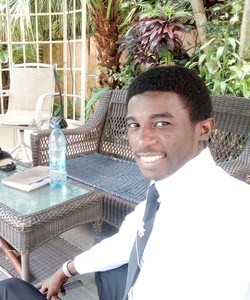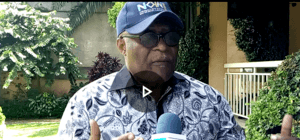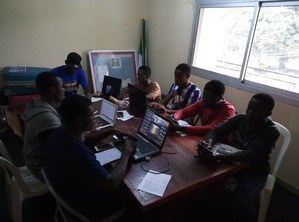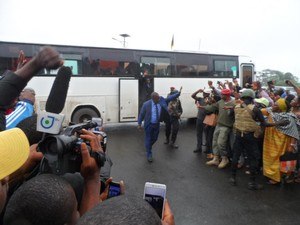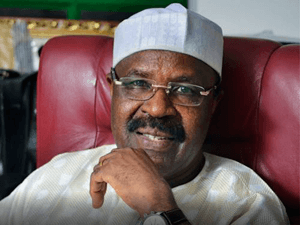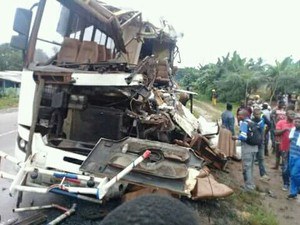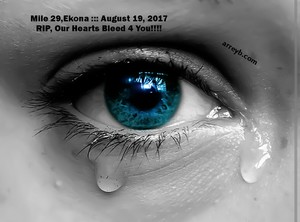A report by France24 has just illuminated the untold stories of a “dirty war” in Cameroon waged by French colonial troops which never made headlines and even today goes untold in school history books.
The brutal conflict unfolded in Cameroon, which on January 1 marks its 60th anniversary of independence — the first of 17 African countries that became free from their colonial masters in 1960.
Many decades on, those who witnessed the violence recall events that shaped countless lives in the central African country yet remain unchronicled today.
France24 speaks to Odile Mbouma, 72, who witnessed the war firsthand. Now resident in Ekiti, South West Region of Cameroon, Odile recounts the night of December 30, 1956, when French troops arrived in the town and slaughtered dozens of people, perhaps as many as a hundred – she said.
“My life was overturned,” Odile Mbouma, 72, said in the southwestern town of Ekite.
“We were sitting under a tree when we suddenly heard the crackle of gunfire,” she said. “It was everyone for themselves.”
Taking to her heels, the seven-year-old found herself jumping over bodies. “They were everywhere.”
The troops were looking for independence fighters — members of the Union of the Peoples of Cameroon (UPC), a nationalist movement established in 1948 that faced repression first by the French and later by Cameroonian soldiers.
French authorities labelled the UPC “communist” and cracked down from 1955, driving the movement underground, though its charismatic founder Ruben Um Nyobe preached non-violence.
— Buried in cement —
In September 1958, Um Nyobe — nicknamed Mpodol (for “he who brings the word” in the Bassa language) — was killed by French troops.
“His body was dragged around and displayed so that everybody (saw the corpse) of a man who was considered immortal,” said Louis Marie Mang, UPC activist in Eseka, where Um Nyobe is buried in a Protestant graveyard.
“To prevent traditional rites from being held, he was put in a block of cement and buried (without) a coffin.”
The conflict continued long beyond independence, for repression of the nationalists continued under Cameroon’s first president, Ahmadou Ahidjo, who also banned public references to the UPC and to Um Nyobe.
The violence “passed unnoticed, wiped from memories,” according to Thomas Deltombe, Manuel Domergue and Jacob Tatsitsa, authors of “La guerre du Cameroun” (“Cameroon’s War”), published in 2016.
They estimate that between 1955 and 1964, tens of thousands of people, including civilians as well as UPC members, were killed.
In Ekite, a wreath of flowers lies on the soil of a scrubland field at the end of a dirt track. “The Nation will remember your sacrifice,” says a memorial notice.
“This is one of the mass graves where the nationalists were buried,” said Jean-Louis Kell, a UPC militant.
A second ditch was apparent a dozen metres (yards) away, and “a third was discovered not long ago,” said Benoit Bassemel. He was seven during the French massacre and has tears in his eyes when he tells how his father was murdered.
Since 2017, we have staked our lives to provide tailor-made news reports to our readers from war zones and hot political rivalries in Cameroon - And we do so for FREE.
As a small online media now reaching over 100,000 monthly readers on all our platforms, we have to rely on hiring a small team to help keep you informed
The best way to support our online reporting is by considering a measly sum for our team on the ground as little as $1. Now you can make a donation to us below, it only takes one click...
[sdonations]1[/sdonations]





